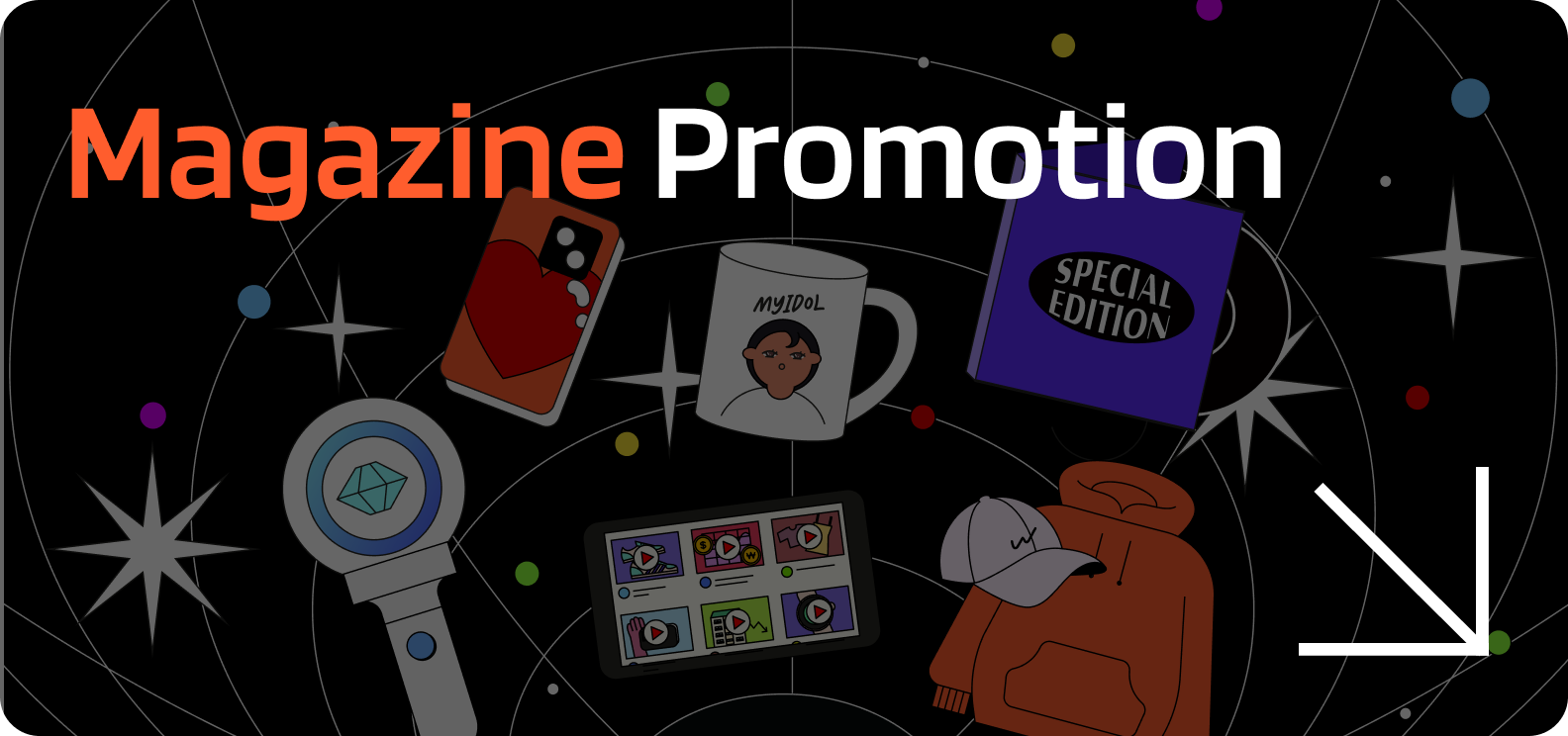Learn Real Korean with the Web Drama
Love Playlist (연애 플레이 리스트)

If you're in your twenties, here are two must-know Korean words that you won’t find in textbooks but are used in real life!
The Korean web drama Love Playlist is perfect for anyone who wants to learn real, everyday Korean. This drama gives you a peek into the real life and culture of Koreans. Even though it’s been 7 years since it first aired, it’s still the perfect web drama for anyone learning Korean today. Why? Because everyday expressions never go out of style! 😜
So, if you want to improve your Korean skills, try picking up some natural phrases from this drama that Koreans use in their daily lives!
🖐 And remember, the small letters in [ ] below are how you actually pronounce the words!
🎬 Love Playlist (연애 플레이 리스트)

Love Playlist, also known as 연애 플레이리스트 or simply 연플리, spans four captivating seasons and is often considered the cornerstone of the web drama world. It’s an iconic series that has shaped and elevated the landscape of digital dramas.
Just like its name suggests, this drama is all about romance, something we're always super interested in, right?
It’s a mirror reflecting the anxieties, passions, and dreams of those in their turbulent twenties. From forming friendships and sparking romances to navigating the intimidating world of job hunting, this series covers it all.
🎬 Where Can I Watch this Drama?

😊 Watch first without subtitles, then watch again with them on.
📑 과팅 [kkwa-ting]
Another Fun Aspect of College Life and Culture
If you're a college student in Korea or planning to study abroad here, you need to know this word!

🎬 Love Playlist Season 1 – EP 1 [Click here!]
📌 1:20 ~1:21
👨 Male: 우리랑 과팅할 사람?
👨 Male: Who wants to join us for a [kkwa-ting]?


So,
what’s a [kkwa-ting]?
It’s a popular group activity in Korean universities where male and female students from different majors get together for a social gathering.
Usually, it’s students from the same university but different majors, but sometimes it can be students from different universities, either with the same major or completely different ones.
Back in the 1990s, [kkwa-ting] was a huge trend among college students. But has it disappeared? Not at all! If you search [kkwa-ting] on Korean search engines, you'll still find tons of content and information about it today because it's now an integral part of university culture.
After working hard throughout high school and preparing to step into adult life, it’s only natural for college students to look forward to meeting new people from various places. Through these encounters, they get to make new connections and discover another exciting side of college life, which is exactly what makes [kkwa-ting] so appealing!
📑 멘붕 [men-bung]

🎬 Love Playlist Season 1 – EP 2 [Click here!]
📌 3:53 ~3:56
👱♀️ Female: 그때 나 완전 멘붕이었잖아.
👱♀️ Female: I was totally in a state of [men-bung] back then.


[men-bung] is short for mental breakdown
— [men] means mental and [bung] means breakdown!
Isn't it cool that this expression exists in both English and Korean?
However, while ‘mental breakdown’ has a pretty strong connotation in English, [men-bung] in Korean sounds much lighter and even a bit cute due to its round-sounding pronunciation.
It's a trendy slang word that emerged in the 2010s and can be used in both light and serious situations.
🖐 There are a few other expressions related to 'mental' in Korea.
📑 유리 멘탈 [yu-ri-men-tal]

[yu-ri-men-tal] is easily hurt and stressed by the smallest things. [yu-ri-men-tal] often feels anxious and depressed and has difficulty coping with stressful situations.
📑 강철 멘탈 [gang-cheol-men-tal]

[gang-cheol-men-tal] is the ability to overcome difficulties without giving in to them, and has a stable emotional state. [gang-cheol-men-tal] is confident and positive, and you deal well with stressful situations.
For example, [yu-ri-men-tal](유리 멘탈) refers to a fragile mental state, like glass that breaks easily, while [gang-cheol-men-tal](강철 멘탈) refers to a strong mental state, like solid steel.
To keep things simple, let’s focus on two popular expressions that Koreans use a lot:


[Kkwa-ting] and [men-bung]!
We've introduced real, everyday Korean commonly used by Korean teens or twenties in a fun web drama called Love Playlist. In addition to these two words, you can learn a variety of other real, everyday Korean, and you can also see Korean university life and dating styles, so if you like Korea and are interested in it, we recommend watching it.











